Trump, DeepSeek, and Nvidia: How Tightening Restrictions Reshape AI and Chip Markets
The artificial intelligence (AI) sector remains one of the fastest-growing and most strategically important segments of the global financial markets. However, this very dynamism brings with it frequent clashes of interests between leading nations and the world’s largest tech companies. Fresh news from the United States is making waves: the Trump administration is considering a new wave of sanctions that could block China’s DeepSeek from accessing American technologies and users. Both emerging Chinese AI startup DeepSeek and renowned chipmaker Nvidia $NVDA are at the heart of the unfolding story.
US Policy Shifts — Rationale and Impact
Following the disruptive entry of DeepSeek’s affordable AI model, US authorities have moved to tighten controls on the export of advanced technology and components. The focus is squarely on hardware crucial for developing and running AI applications, namely Nvidia’s powerful chips. The administration is reportedly weighing the possibility of a full ban restricting American users from accessing DeepSeek platforms.
Five Transformative Changes Sweeping the Global Tech Landscape
1. Escalation of US export controls on state-of-the-art AI semiconductors
2. Potential prohibition on collaboration between US firms and DeepSeek
3. Intensified competition within the global AI market
4. Increased emphasis on domestic supply chain resilience
5. Shifts in high-tech investment patterns worldwide
Why Nvidia and DeepSeek Command Center Stage
Nvidia has firmly established itself as the industry leader in providing essential hardware for AI development across the world. Nearly every significant AI project relies on Nvidia’s hardware and software solutions. The latest US restrictions extend far beyond a single Chinese startup—they have the potential to redefine the global distribution of AI technology, placing new pressures on manufacturers and industry partners on both sides of the Pacific.
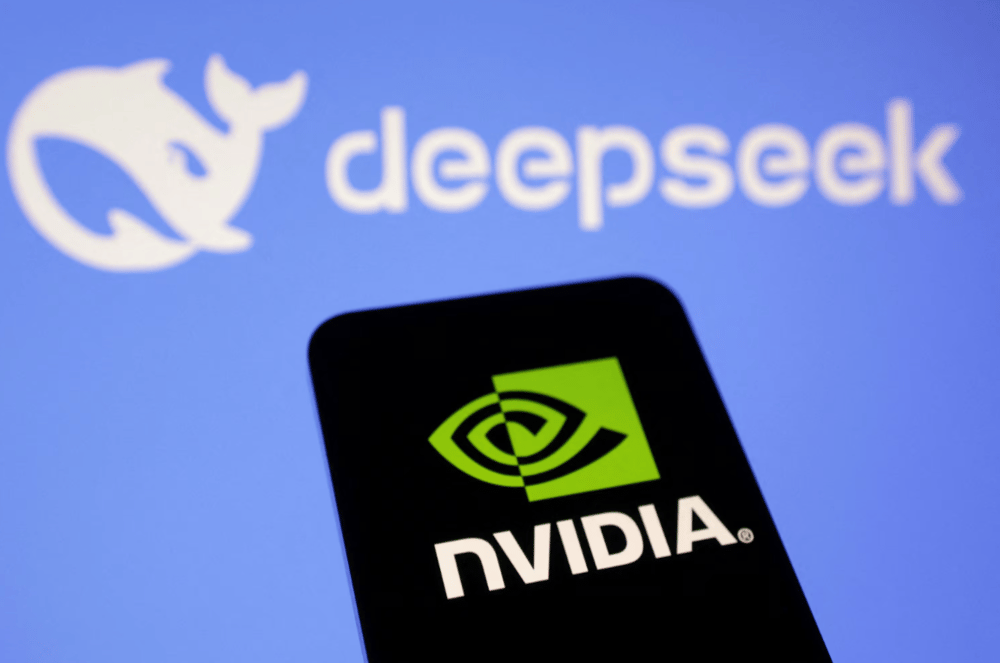
Major Industry Risks and Opportunities Ahead
- Rising levels of geopolitical fragmentation across technology ecosystems
- Increasing development and procurement costs for advanced AI solutions
- The necessity to rethink business models under new legislative frameworks
- Formation of new technological alliances among strategic regions
- Accelerated development of regional, localized AI platforms
Outlook: A Market in Flux
The AI and semiconductor markets continue to be shaped not just by innovation but also by intensifying geopolitical rivalry. Recent US restrictions targeting DeepSeek and the export of Nvidia’s chips reflect strategic efforts to counterbalance China’s rapid progress in artificial intelligence. The next phase will likely see heightened competition, significant shifts in global investment, and further adaptation of supply chains in response to changing policy landscapes.


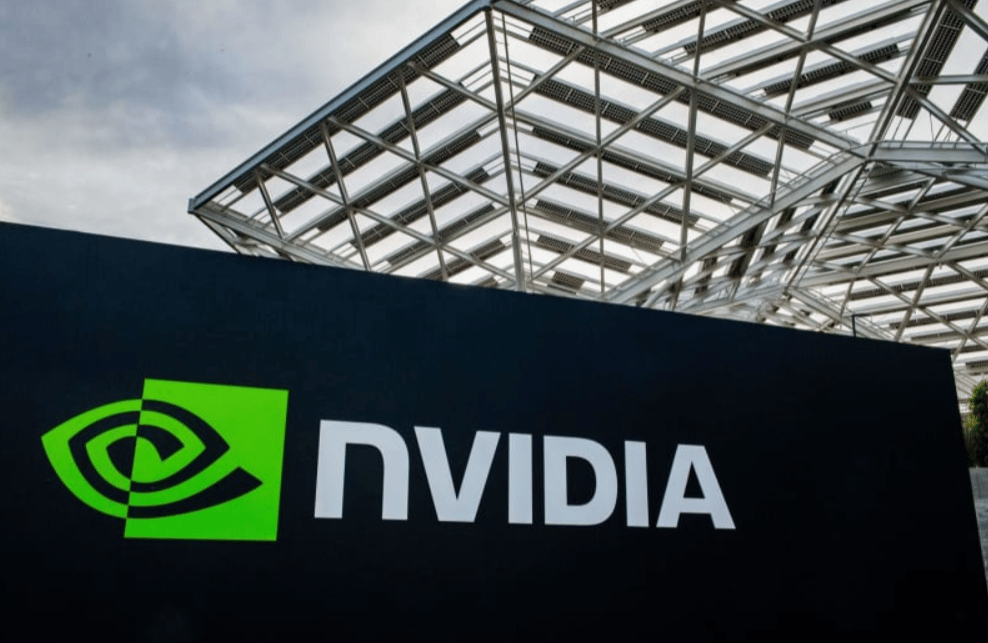


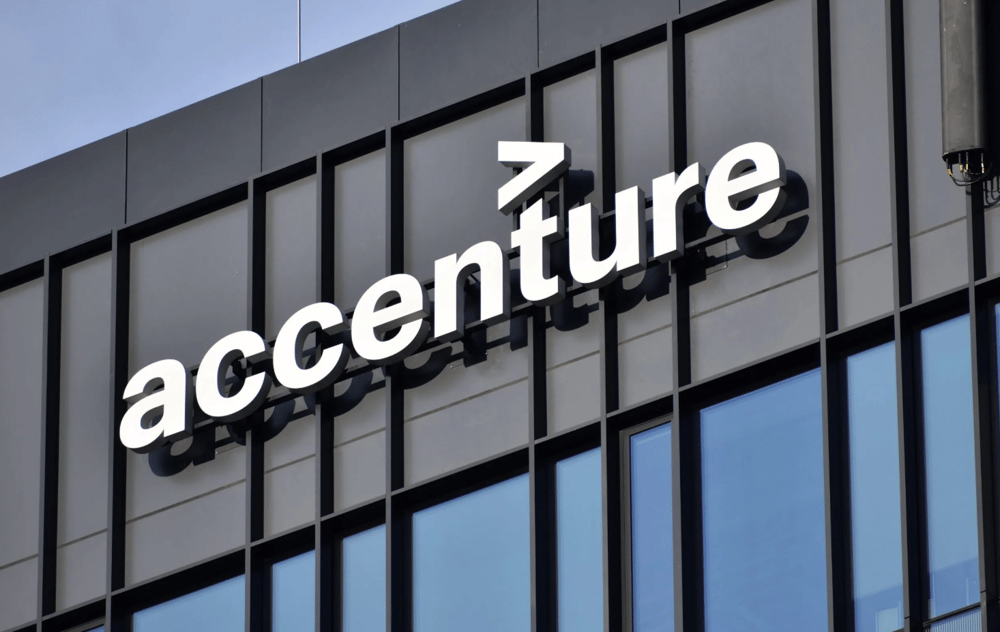



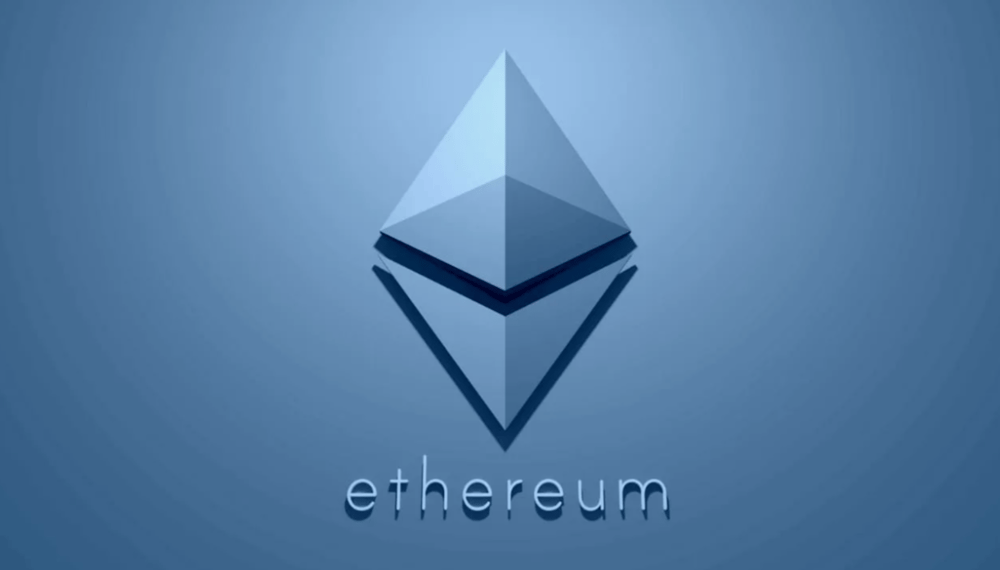
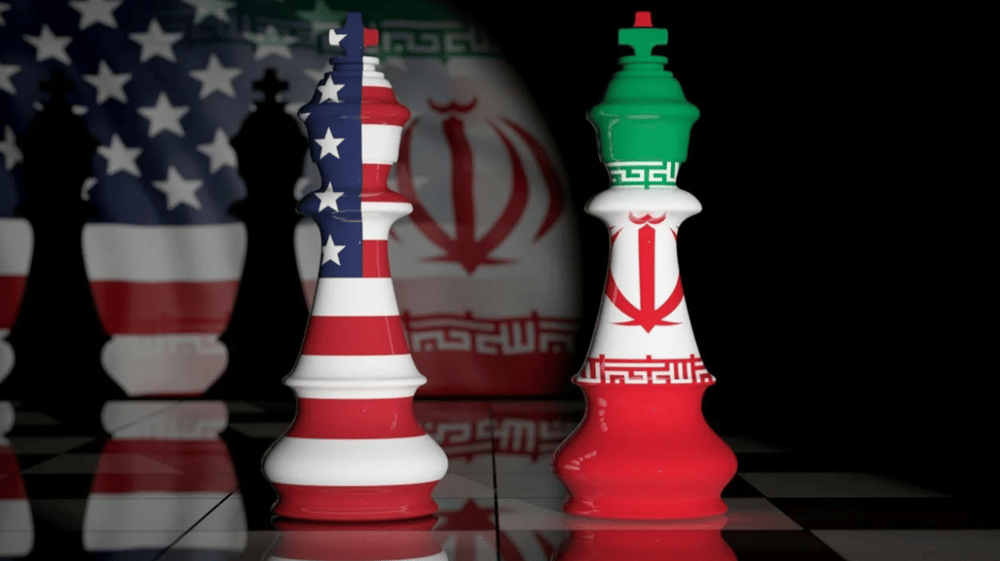
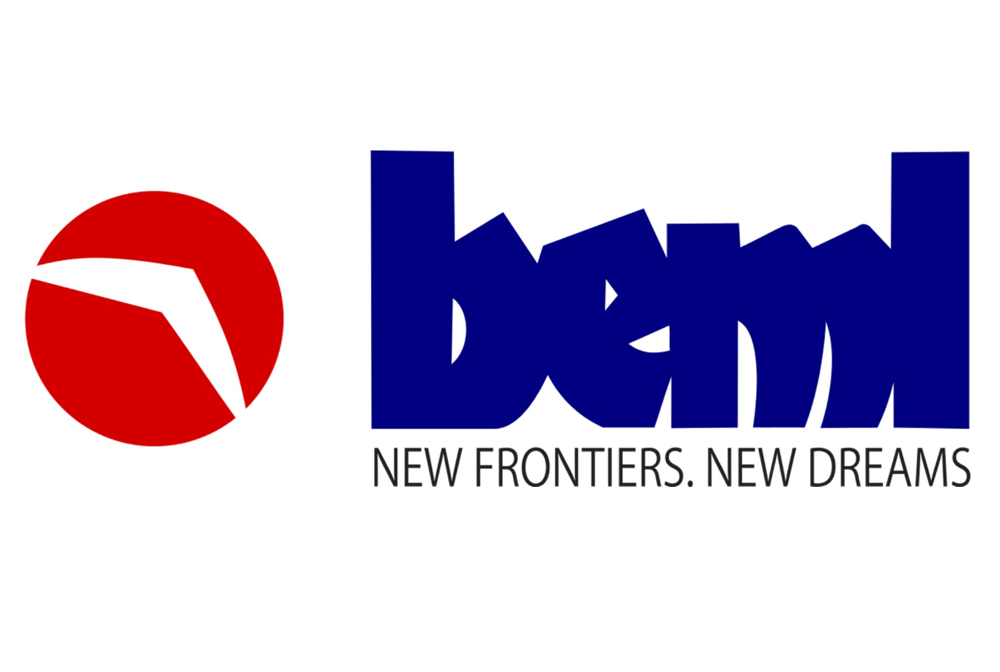

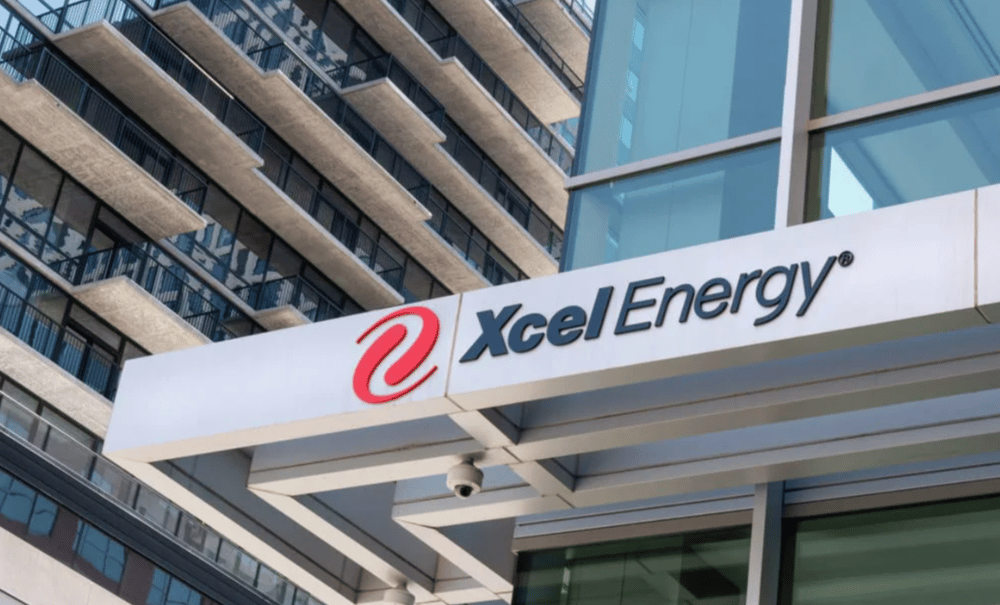

Comments
The AI boom is thrilling, but it’s concerning to see such tensions between nations and tech giants over its future!
Embracing next-generation strategies not only expands capital but also accelerates the integration of automation across various sectors